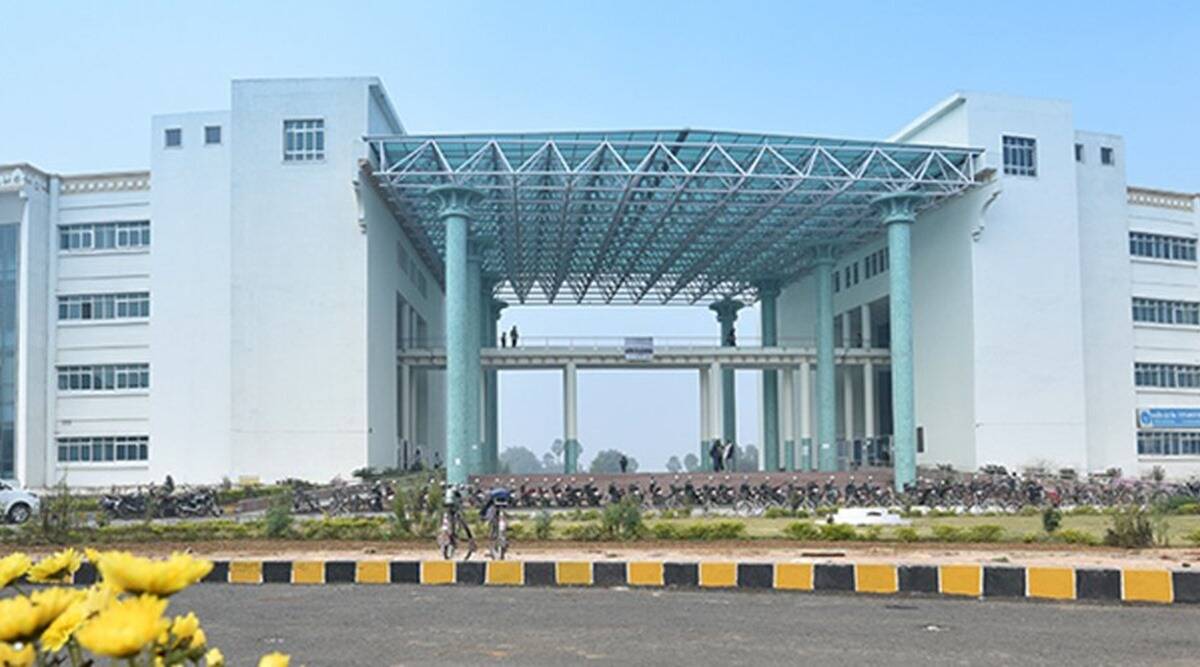New Delhi: According to the Comptroller and Auditor General of India in its “Performance Audit of Setting up of new Indian Institutes of Technology” (IITs) read, “There was inadequate representation of students belonging to ‘reserved categories’ in PG and Ph.D. enrolment in all eight IITs, showing that the benefits of education at premier technical institutes are not reaching the students of humble background.”
The Performance Audit (PA) was undertaken for the period of 2019-2020 with the objective to assess the setting up of the eight new IITs—in Bhubaneswar, Gandhinagar, Hyderabad, Indore, Jodhpur, Mandi, Patna, and Ropar, in 2008-09. The assessment was done based on the creation of infrastructure, procurement of equipment and services, academic and research activities, governing and oversight.
In PG courses, the shortfall in SC student intake ranged up to 69% in IIT Gandhinagar. Similarly, in PhDcourses, the shortfall ranged up to 25% in IIT Hyderabad, 75% in IIT Ropar, 65% in IIT Bhubaneswar, 100% in IIT Jodhpur, with respect to ST students.
The independent examination, while assessing 8 IITs set up in 2008 and 2009, found non-achievement of targets of infrastructure development affected the student intake and the quality of students’ learning in all the eight IITs.
The report also points out, persistent issues in allotment and transfer of land in four of the IITs even after a decade of their establishment—in Bhubaneswar, Gandhinagar, Mandi, and Ropar. This was a major hurdle in providing planned facilities to the students.
The report highlights, “Though the infrastructure works like construction of academic buildings, hostels, laboratories, etc. were undertaken in a phased manner in all IITs from 2012, the pace of their creation did not correspond with the pace of envisaged increase of student/faculty. The delays were significantly high in respect of five IITs, IITH up to 56 months, IIT Mandi up to 41 months, IIT Ropar up to 39 months, IIT Gandhinagar, and IITI up to 37 months.”
It was seen that all the 8 IITs remained dependent on the government for funding of their research activities due to insufficient funding received from non-government sponsors.
“Inordinate delay of three years in utilizing available funds of Japan International Cooperation Agency (JICA) loan was noticed in the IITH, which resulted in non-achievement of the intended objective of advancement of academic and research activities in the Campus in a timely manner,” the PA report said.
The non-achievement of targets concluded in spill-over of the infrastructure development beyond the six years project period.”This necessitated revision of the capital outlay from Rs 6,080 crore to Rs 14,332 crores and the project period to 13 years,”
The report found out, “Ministry of Education envisaged an overall targeted intake of 18,880 students in the initial six years (2008-2014) across eight IITs. It was noticed that only 6,224 students (33%) could be admitted in all the eight IITs during this period, thereby not fully achieving its objectives of maximizing the educational opportunity to students.”
The report found that inadequate supervision by the governing bodies led to delays in execution and completion of the infrastructure works, thereby impacting inter alia student intake, the introduction of courses, effective execution of research activities, etc., as observed in the report.
The report emphasised, “Substantial delays in supply of equipment, delays in commissioning and installation of equipment due to failure of IITs in ensuring the site readiness and making proper assessment of required accessories resulted in the laboratory and research requirement of students not being met, thus affecting the quality of their learning.”
‘Inadequate SC-ST representation in eight IITs’
- Advertisement -

